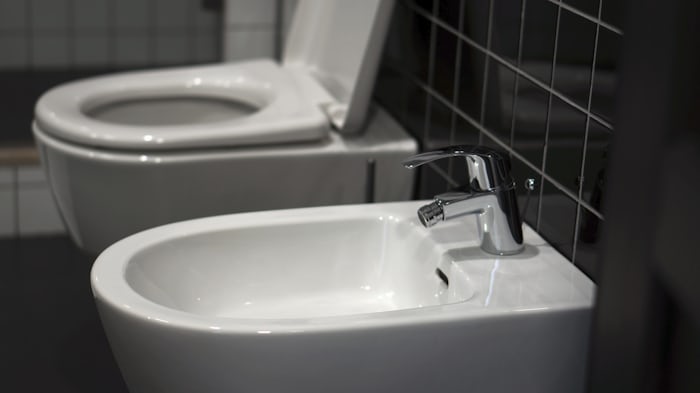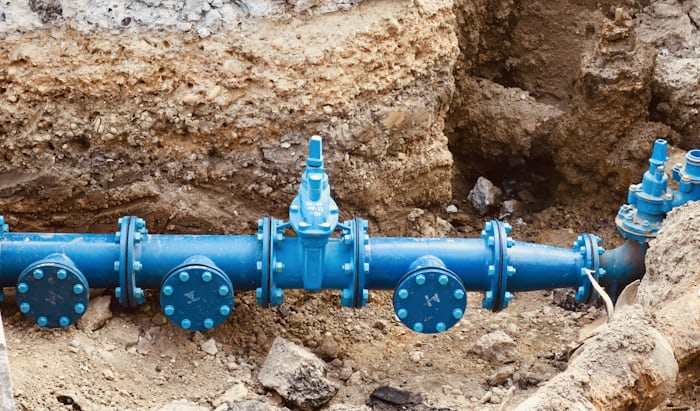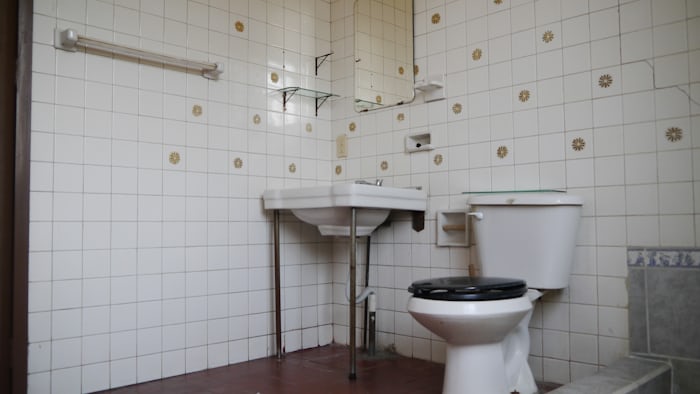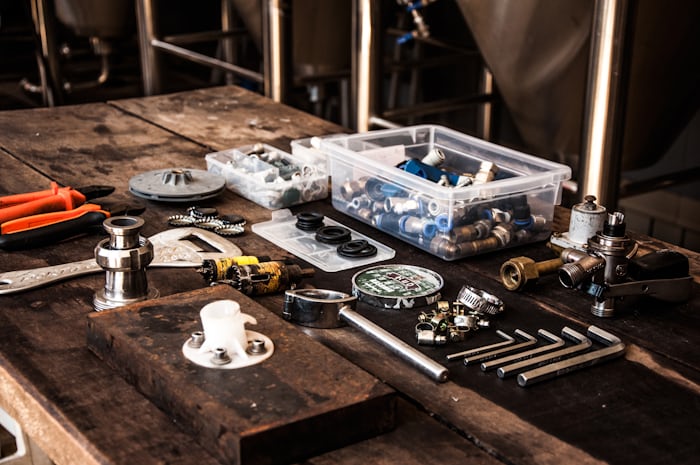Transforming Kenya’s Plumbing Industry: Innovations, Challenges, and Opportunities
Kenya’s plumbing sector is undergoing a much-needed revolution, propelled by technology, education, and the increasing demand for professional services. Plumbing, often overlooked, plays a critical role in ensuring water and sanitation systems are safe, efficient, and accessible. However, for years, the industry has faced challenges of unprofessionalism, inadequate training, and reliance on outdated systems. Today, innovations like the Plamba Sawa App and new vocational programs are setting a fresh tone for the future.

The Game-Changer: Plamba Sawa App
One of the most exciting developments is the launch of the Plamba Sawa App by the Trident Group. This digital platform connects homeowners and businesses to a network of qualified plumbers. Users can quickly report plumbing issues, choose from a list of trained professionals, and expect prompt responses.
The app tackles one of the industry’s biggest challenges—unprofessional service providers—by ensuring that plumbers are pre-screened and adequately trained. This approach not only improves service quality but also enhances customer trust and satisfaction.

Skilling the Workforce: New Vocational Training Initiatives
Across counties like Turkana, Vihiga, and Lamu, initiatives to recruit and train aspiring plumbers are gaining momentum. Local governments, in partnership with private entities, are investing in plumbing and pipefitting courses to address skill gaps in the workforce. These programs aim to create a new generation of professionals equipped to handle modern plumbing systems, including eco-friendly technologies and smart water management solutions.

Smart Plumbing Solutions: A Tech-Driven Future
Kenya is beginning to adopt global trends in smart plumbing systems. Internet of Things (IoT) integration allows for real-time monitoring of water systems, leak detection, and efficient water usage. This technology is particularly valuable in urban centers where water scarcity is a pressing issue.
Additionally, trenchless sewer repairs and 3D printing of custom plumbing components are gaining attention. These advancements promise reduced repair times and costs, making plumbing systems more efficient and user-friendly.

Eco-Friendly Innovations
Sustainability is a key focus in Kenya’s plumbing evolution. Eco-friendly practices like rainwater harvesting, greywater recycling, and water-saving fixtures are increasingly popular. With Nairobi’s rapid urbanization, these green solutions not only address environmental concerns but also provide cost-saving benefits to consumers.
Challenges Ahead
While these advancements are promising, challenges remain. Unregulated practices and limited access to advanced materials and tools hinder progress. Additionally, the adoption of smart and sustainable plumbing systems requires significant investment, which may be a barrier for many households and businesses.

Opportunities for Growth
Kenya’s plumbing industry is at a crossroads. Companies like Trident Plumbers are setting an example by offering integrated Mechanical, Electrical, and Plumbing (MEP) services for large-scale projects. The rise of digital platforms, coupled with government and private sector investments in training and technology, presents immense growth potential.
Conclusion
The plumbing industry in Kenya is undergoing a transformation, driven by innovation, sustainability, and professionalism. Platforms like the Plamba Sawa App, vocational training programs, and the integration of smart technologies are setting a new standard for excellence. By addressing challenges and seizing opportunities, Kenya’s plumbing sector can lead the way in creating a sustainable, efficient future for water and sanitation management.